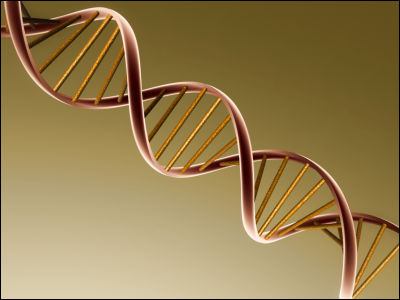Reviving 'extinct' antibiotics by predicting proteins such as Neanderthals with AI

AI search of Neanderthal proteins resurrects 'extinct' antibiotics
https://www.nature.com/articles/d41586-023-02403-0

Antibiotic development has slowed over the past few decades, and most antibiotics currently prescribed have been on the market for over 30 years. On the other hand, as the number of resistant bacteria with high resistance to antibiotics is increasing, new treatment methods are required.
To develop antibiotics from extinct proteins, Fuente and his team trained an AI algorithm to recognize the sites where human proteins are cleaved by peptides. By applying this AI algorithm to Homo sapiens, Neanderthal, and Denisovan protein sequences, we are predicting which of the new peptides have the potential to kill bacteria.
Using AI to predict peptides that could kill bacteria and testing them in practice takes weeks. On the other hand, the time it takes to discover a single new antibiotic by conventional methods is very long, 3-6 years.

The research team tested dozens of peptides in laboratory dishes. Then, 6 powerful peptides (peptides derived from Homo sapiens: 4 types, peptides derived from Neanderthals: 1 type, peptides derived from Denisovans: 1 type) were identified. These peptides were then administered to mice infected with
All six peptides inhibited the growth of Acinetobacter baumannii growing in thigh muscle, but none killed the bacterium. It was also found that 5 out of 6 peptides killed the bacteria growing in skin abscesses, but took a big hit.
According to the research team, fine-tuning the most successful peptides could create more effective ones. In addition, it seems that changing the AI algorithm may reduce false positives and improve the identification of antimicrobial peptides. Therefore, Mr. Fuente said, ``The algorithm we used did not generate amazing molecules, but this concept and framework could be a completely new way to think about drug discovery.'' I was.

``The idea is very interesting,'' said Nathanael Gray, a chemical biologist at Stanford University. However, until AI algorithms can predict clinically relevant peptides with a higher success rate than existing methods, it will not have a significant impact on drug discovery.
``We find diving into the ancient human genome to be a very interesting and potentially useful approach,'' said Fuente and his team.
Related Posts:
in Science, Posted by logu_ii







